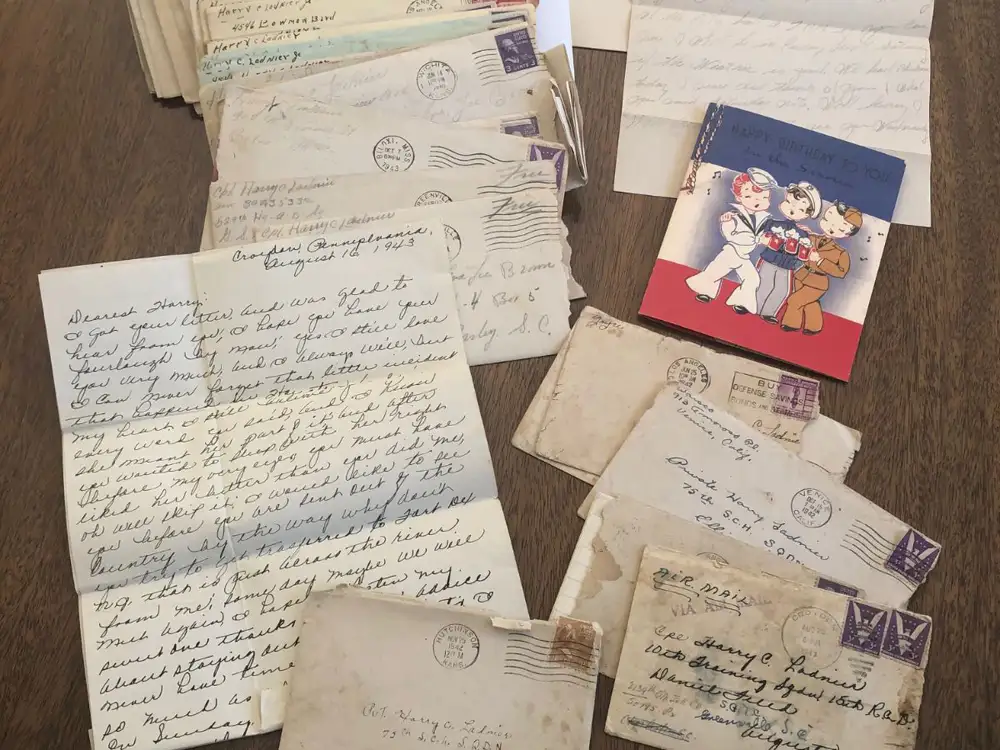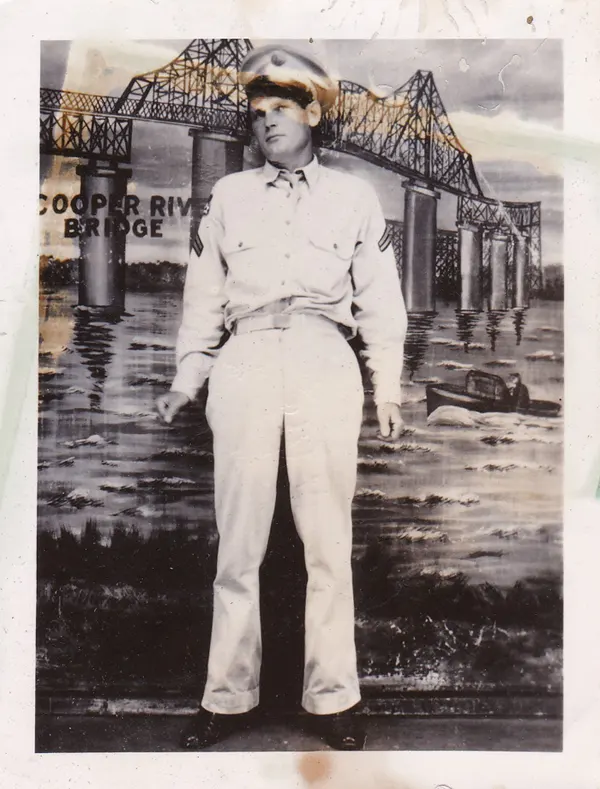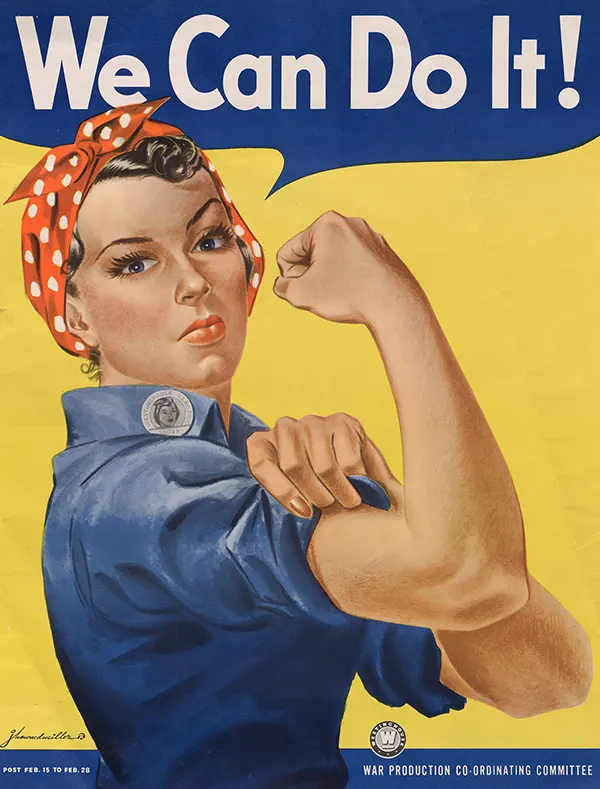Time: Friday, Feb. 25, 2022 at noon.
Location: South Carolina Confederate Relic Room and Military Museum
301 Gervais St, Columbia, SC 29201
The lecture may also be viewed via live stream at this link.
Catherine Ladnier says her mother never threw anything away. So when she died on Mother’s Day, 2001, there were a lot of things to go through in her house in Easley, S.C.
For instance, there was the large batch of letters that women other than her mother had written to Catherine’s father, Harry, back during the Second World War – hundreds of them, along with photographs, newspaper clippings, postcards, war ration books, telegrams and other memorabilia. Her Mom, who hadn’t met Harry until later, had kept it all. The letters proved a treasure trove. They launched Catherine on a quest to learn more about other people who lived and wrote to each other in those days, a quest that has taken her in many fascinating directions.

That first batch of letters will be her topic for a free lecture she will deliver at noon on Friday, Feb. 25, at the South Carolina Confederate Relic Room and Military Museum in Columbia. Her provocative title is “‘Harry, I would have written sooner but I was too damned drunk, Love Cleta:’ Rosie the Riveters’ Letters to a Soldier, 1942-46.”
 Harry Ladnier had served in the U.S. Army during the war, but never made it overseas – he ended up being discharged for his asthma before that happened. But during training and elsewhere along the way, he met a lot of people – including quite a few women who were employed in factories making critical war materiel while their men were away. He corresponded with at least three of them working in the aircraft plants in Wichita alone.
Harry Ladnier had served in the U.S. Army during the war, but never made it overseas – he ended up being discharged for his asthma before that happened. But during training and elsewhere along the way, he met a lot of people – including quite a few women who were employed in factories making critical war materiel while their men were away. He corresponded with at least three of them working in the aircraft plants in Wichita alone.
Catherine especially loves the sometimes passionate, often hilarious letters from these women she describes collectively as the “Rosies.” “I started calling them the ‘brassy broads,’” she says. “I think being ‘Rosie’ sort of liberated them. And they thought they could say whatever they thought.”
A sample from one of Cleta Miller’s letters from Kansas:
Please pardon me for not answering your letter sooner, but I have been so damn drunk I didn’t know my rear end from a hole in the ground. I missed 3 days work, and quarreled with my best friend besides the money I spent, so I really don’t know whether it was worth it or not.
I hope you like Daniel Field better by now do you? Of course I’m still on the same darn shift, but I guess I’m just getting resigned to my fate, or something (probably something). Boy, it’s really hot here! I think that if Hell’s any hotter than this I’m going to change my ways.
And that might not be a bad idea. Maybe!
“I wish that I knew them,” says Catherine. “I have a lot of fondness for them. I think my mother would have liked them as well,” even though “she was definitely not a brassy broad. She was not like them. She was not a Rosie. She had to stay on the farm.”
Still, her mother – Eva Lee Brown – wrote her own letters, to soldiers far away. They’re all part of the story. Since discovering these letters, Catherine has found many others, causing her to dig into many aspects of the war she had known nothing about. In some cases, she has written plays or delivered lectures based on some of the stories she has encountered, such as the letters a Jewish soldier had written to his parents, or those written by young Japanese-Americans whom the U.S. government had placed in internment camps during the war.

She sees these letters they wrote to her Dad as a snapshot of the time when women took on a “man’s job” and did it “just as well, if not better than, the men.”
Of “Rosie” – both the one in the famous “We Can Do It!” posters and her namesakes – Catherine says, “It was her war too, and she answered Uncle Sam’s call to action. The letters to Harry reveal a determination to carry on, but also the love of a new life as working women. Harry’s Rosies are not shy, and write of their love and affection for a soldier. These letters tell the story of the lives of the women behind the man behind the gun.”
Of course, when that job was over, “They had to go home and take off the overalls and put the aprons back on and cook dinner.” And too many Americans forgot what they had been through. These letters bring the story back to life.
Catherine Ladnier’s Mom was from South Carolina, but Catherine grew up in Southern California – where her Dad Harry was from – and makes her home today in Connecticut. Her mother Eva moved the family back to South Carolina while Catherine was in college, and over the years she would visit here often. She looks forward to returning to that “home” for this program on the 25th.
She is a graduate of Mills College and Harvard University, and works as a securities compliance consultant. She and her husband, Mickey Robinson, serve on the President’s Advisory Council of the National Wildlife Federation. Her family have turned Eva Lee’s ancestral land in the Upstate into the Nalley Brown Nature Park.
About the South Carolina Confederate Relic Room and Military Museum
Founded in 1896, the South Carolina Confederate Relic Room and Military Museum is an accredited museum focusing on South Carolina’s distinguished martial tradition through the Revolutionary War, Mexican War, Civil War, Spanish-American War, World Wars I and II, Vietnam, the War on Terror, and other American conflicts. It serves as the state’s military history museum by collecting, preserving, and exhibiting South Carolina’s military heritage from the colonial era to the present, and by providing superior educational experiences and programming. It is located at 301 Gervais St. in Columbia, sharing the Columbia Mills building with the State Museum. For more information, go to https://crr.sc.gov/.
